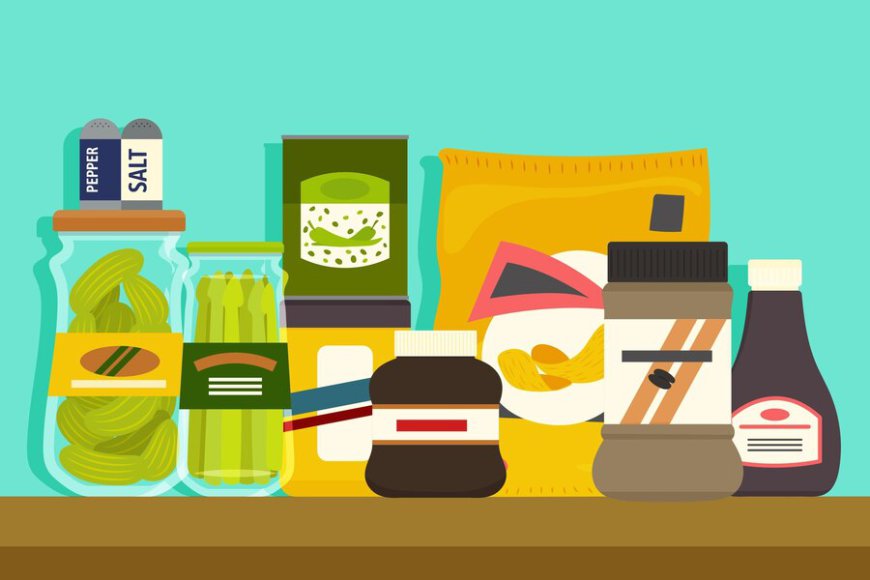How to Start a Food Packaging Business in India
starting a food packaging business in India can be a lucrative venture, given the country's growing food industry. However, it requires careful planning and adherence to specific regulations to ensure success. Here's a step-by-step guide to help you get started:

starting a food packaging business in India can be a lucrative venture, given the country's growing food industry. However, it requires careful planning and adherence to specific regulations to ensure success. Here's a step-by-step guide to help you get started:
1. Conduct Market Research
- Identify target market: Determine the specific food segments you want to cater to (e.g., FMCG, organic, gourmet).
- Analyze competition: Assess the existing market players, their strengths, weaknesses, and pricing strategies.
- Identify packaging trends: Stay updated on the latest packaging trends and consumer preferences.
2. Develop a Business Plan
- Define your business goals: Clearly outline your vision, mission, and objectives.
- Create a financial plan: Estimate startup costs, operational expenses, and projected revenue.
- Develop a marketing strategy: Plan how you will reach your target market and promote your products.
3. Choose a Business Structure
- Sole Proprietorship: Suitable for small-scale businesses.
- Partnership: Involves two or more partners sharing profits and losses.
- Private Limited Company: Offers limited liability and better credibility.
4. Register Your Business
- Obtain a GST registration: Necessary for businesses with an annual turnover exceeding Rs. 40 lakhs.
- Register with the Food Safety and Standards Authority of India (FSSAI): Obtain a food license based on your business type and scale.
5. Obtain Necessary Permits and Licenses
- Environmental clearance: Required if your business involves activities that could impact the environment.
- No Objection Certificate (NOC): From local authorities for setting up a manufacturing facility.
- **Legal Metrology Certificate and License: Legal Metrology Certificate are essential for ensuring accurate weight and measure labeling on packaging materials.
6. Set Up a Manufacturing Facility
- Choose a suitable location: Consider factors like accessibility, infrastructure, and availability of skilled labor.
- Acquire necessary equipment: Invest in machinery for packaging, labeling, and quality control.
- Ensure compliance with safety standards: Adhere to occupational health and safety regulations.
7. Source Packaging Materials
- Identify suppliers: Find reliable suppliers of packaging materials like plastic, paper, glass, or metal.
- Negotiate prices: Obtain competitive pricing and ensure quality standards are met.
8. Build a Strong Brand
- Develop a unique brand identity: Create a memorable logo, tagline, and packaging design.
- Build customer relationships: Foster trust and loyalty through excellent customer service.
9. Market and Promote Your Products
- Utilize digital marketing: Leverage social media, content marketing, and SEO to reach your target audience.
- Attend industry events: Network with potential clients and partners.
- Build partnerships: Collaborate with food manufacturers and distributors.
By following these steps and adhering to the necessary regulations, you can successfully establish a thriving food packaging business in India
If Still need help, Connect with Registrationwala for obtaining a legal metrology license for packagin business.
